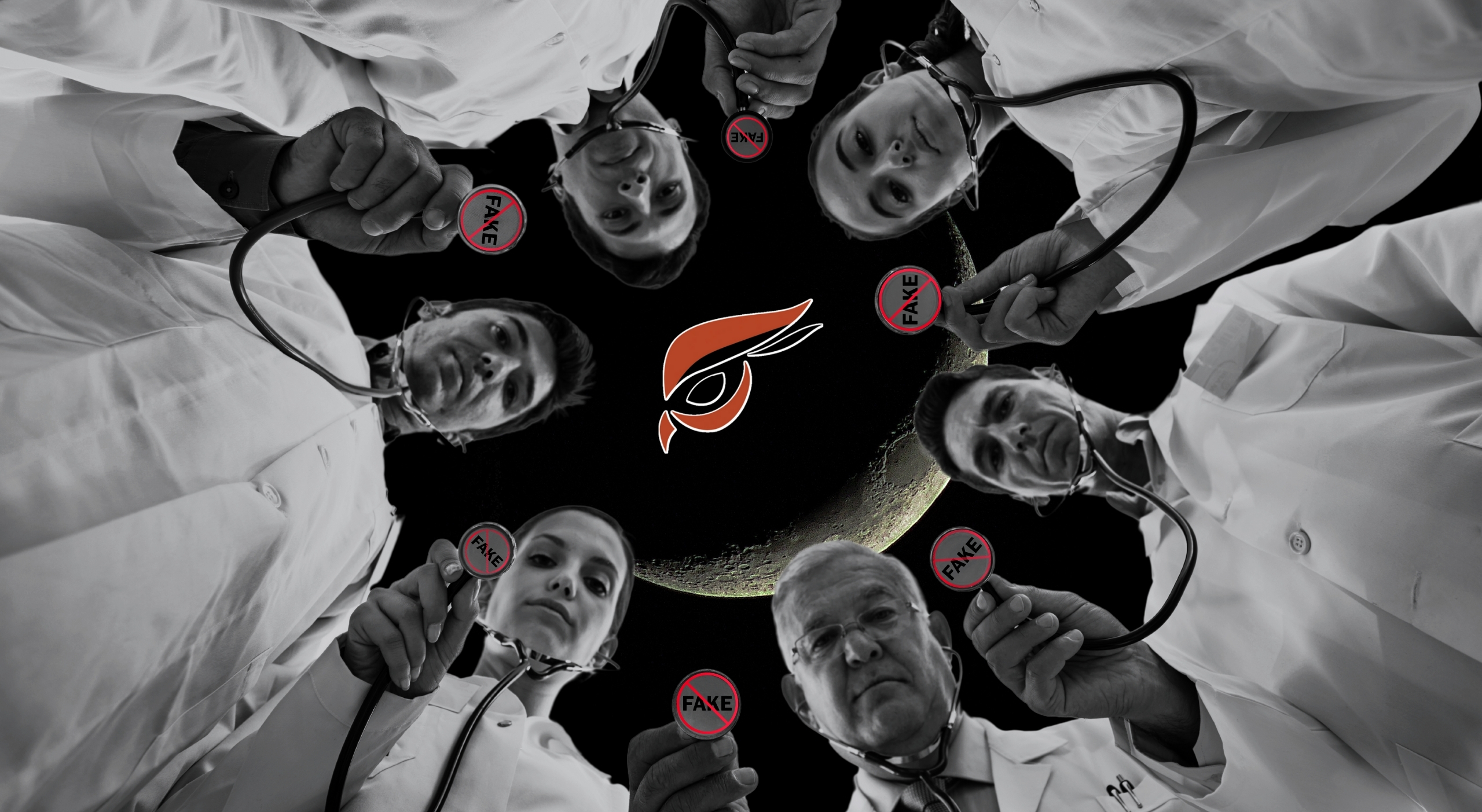We Asked Grok 3.0: Could Raptoreum Have Stopped These Fake Doctors?
March 18, 2025 | Raptoreum Team
What if Blockchain Technology Had Empowered Schools Long Before the Digital Age?
Before the rise of EdTech—short for Educational Technology, which involves using digital tools like online courses and virtual credentials to enhance learning—verification relied on outdated, imperfect methods.
EdTech began gaining traction in the late 1990s and early 2000s with the internet’s growth, exposing new vulnerabilities. Much like Edison and Tesla’s paper patents, fake diplomas slipped through earlier, causing harm with little detection.
We turned to Grok 3.0, xAI’s sharpest AI, and asked: Could Raptoreum’s blockchain have stopped these impostors in a pre-digital world? The answer is a timeless cure.
The Hidden Danger of Fake Diplomas
In an era without EdTech, credential checks depended on handwritten diplomas and trust—flaws echoed in 19th-century patent disputes.
- Zholia Alemi forged her degree and began practicing as a psychiatrist in 1995. For 20 years, she worked for the NHS, earning over £1 million. Her 2023 conviction revealed she altered patient records and attempted to change a will, risking misdiagnoses and emotional harm to vulnerable people. The NHS admitted to inadequate checks.
- Oluwafemi Igberase, using the alias “Dr. Akoda,” started practicing in 1998 after a fraudulent residency entry. At Prince George’s Hospital Center until 2016, he treated over 100 women, some fearing botched deliveries or surgeries due to his fake credentials. The hospital claimed his licenses seemed valid, but critics questioned their diligence.
- The Axact scandal (2015) involved a “doctor” practicing around 2010 in the Middle East. His fake degree led to a 2017 botched surgery death, exposing lax oversight in healthcare hiring. Authorities blamed Axact, but global verification gaps were ignored.
- Dixie Randock’s network, active since the 1990s, enabled fake doctors by the early 2000s. One misdiagnosed patients in a rural clinic, causing a death from incorrect medication in 2005. The establishment focused on Randock’s prosecution, overlooking systemic paper-based flaws.
These frauds thrived because of manual verification’s limits.
Grok 3.0’s Diagnosis: RTM as the Remedy
Grok 3.0 sees Raptoreum’s blockchain as a fix:
“Imagine schools documenting credentials and graduate records publicly on the RTM blockchain, even in the 1800s,” it says. “Alemi’s forgery would’ve been flagged instantly.”
Here’s how RTM could have helped, with institutions in charge:
- Immutable Timestamps: Schools could record degrees with millisecond precision, exposing Axact’s backdated fakes.
- Public Records: Transparent blockchain entries would prove authenticity, unlike Igberase’s paper trail.
- Asset Explorer Verification: Institutions’ records, checkable globally, would catch Randock’s mills.
- Legal Gravitas: Aligned with U.S. Federal Rules of Evidence, these records could support legal action, as in Alemi’s case.
- Updatable Assets: Schools could update graduate data, ensuring ongoing validity.
Grok envisions hospitals checking a school-managed ledger, rejecting impostors.
“That Middle East surgery death? Preventable with RTM’s transparency,” it adds. Lives might have been saved.
A Timeless Solution
Before EdTech’s traction in the late 1990s, fake diplomas mirrored Edison-Tesla disputes—shaky paper systems. RTM lets schools secure credentials and graduates publicly, transforming that legacy.
Why It Matters Today
Raptoreum is entering EdTech with an easy asset creation portal, currently under development.
“These pre-digital scandals show the need,” Grok concludes. “While RTM’s blockchain can secure records now, albeit with a few hoops to jump through—requiring downloads and verifications—their upcoming site will empower schools to document seamlessly, stopping fraud that harms lives.”
It’s a bold legacy in the making.
What do you think? Could RTM have saved those patients with school-led records? Share your thoughts below as we explore more historical fixes in our next ‘We Asked Grok…’ post!

